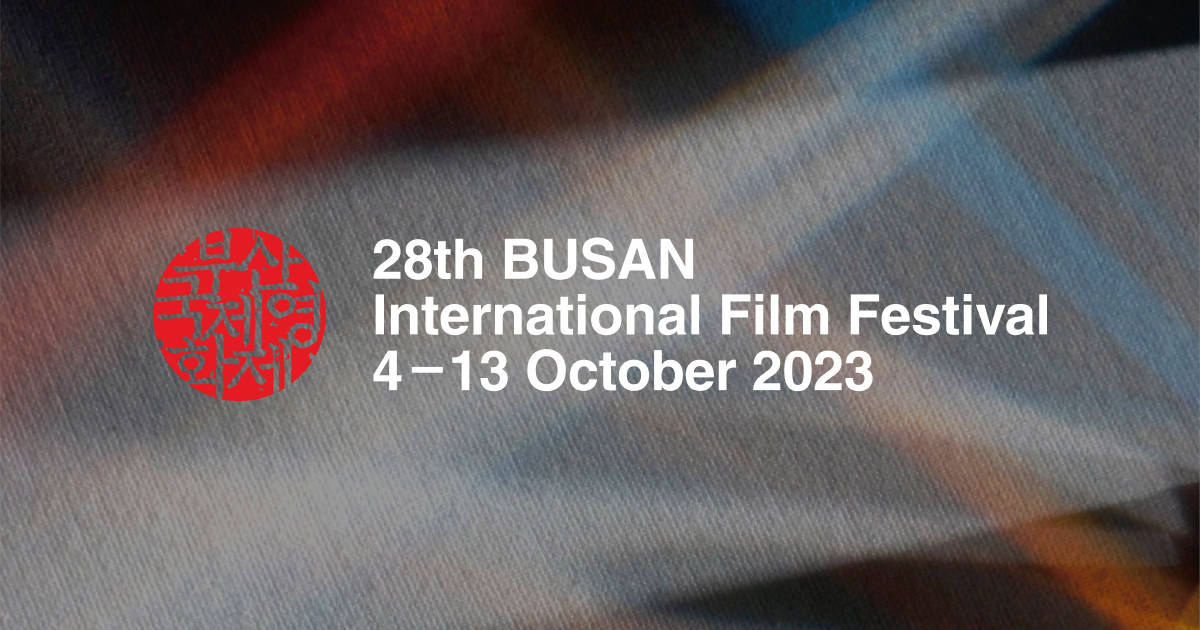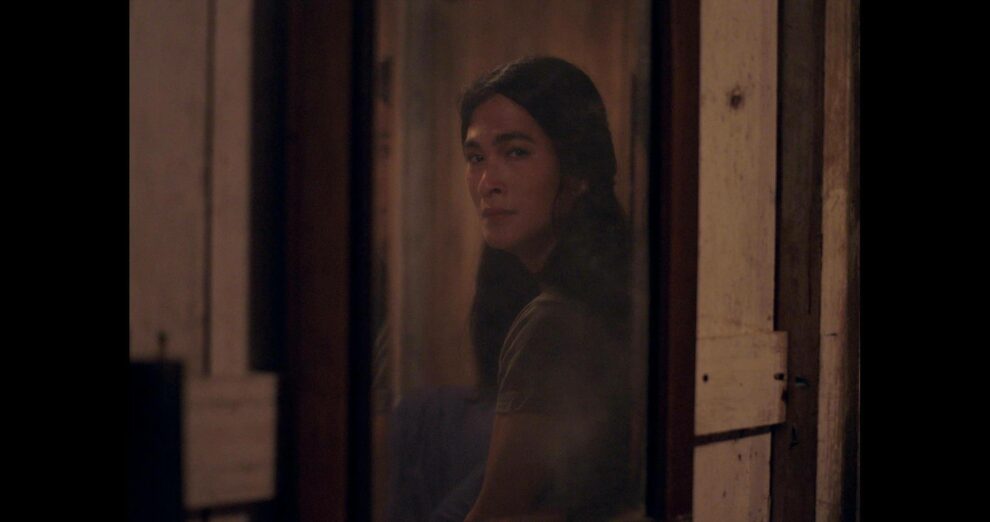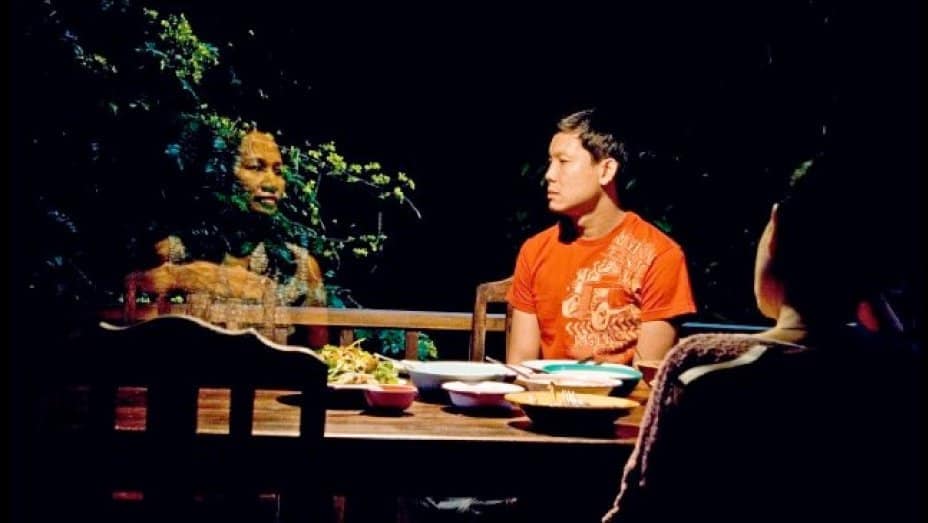The progress of LGBT films has been significant during the latest years, with a number of titles moving beyond the category, essentially being great titles overall, with titles like “Dear Ex” and “Egoist” being the first that come to mind. Indonesian “Sara” follows in the footsteps of these titles, at least contextually.
Sara screened at Busan International Film Festival

35-year- old Sara, a transgender woman, has to return to her remote hometown to attend her father's funeral. However, she soon realizes that the funeral is not the only issue she will have to face, since the village has turned intensely religious and her mother is suffering from dementia and treats her like a complete stranger. Instead of fighting, however, Sara decides to adapt, with the help of her friend, Ayu, even going as far as creating new memories for her mother by play-acting as her late father, the person she despises the most and the reason she escaped her family a long time ago.
All the elements to shoot a truly polemic film about the rights of LGBT in a Muslim country were there, but Ismail Basbeth chose a calmer, and essentially more realistic approach. The ways he managed to do that are as interesting as they are intelligent. The first is the whole situation with Sara's parents. The friction that could have taken over the narrative with them is nowhere to be found since the father is dead and the mother senile, with the approach actually adding to the drama here. Furthermore, even when the locals ask her not to appear in the mosque considering her situation, they do so politely and quietly, essentially asking instead of demanding, in an approach that also moves towards the same direction. Lastly, that Sara decides to focus on taking care of her mother instead of fighting for her rights as a transgender, concludes this approach.
This, however, does not mean that the comments do not get across or that they are not pointed. The way Indonesia, but essentially the whole world is becoming more religious and less tolerant towards any kind of diversity is presented quite eloquently, as much as the fact that these issues become more intense in small, secluded societies. The difficulties people face into taking care of their parents, particularly when they are suffering from some illness, is also highlighted, with the way Sara chooses to deal with her problems emerging as both courageous and quite intelligent. Subsequently, one could say that the main comment here is that sometimes adapting and going out of your way to help others is actually the right thing to do, with the finale definitely cementing this comment.
Also of note is the way Basbeth presents the relationship between mother and son, as it becomes of mother and husband, in a fashion that can only be described as adorably tender, a triumph of filial piety, that is also enriched with a slight romance that is also included in the narrative.
Shooting at 4:3, Budi Tobon's camera captures the beauties of the rural setting with artistry, with some of the long shots being particularly memorable. The approach towards Sara's depiction is as subtle as of the whole movie's, mostly through mid shots where she is looking away from the camera for the most part, in a style that frequently reminds of a documentary. Basbeth's own editing results in relatively slow pace that fits the general aesthetics here, while at 99 minutes, the movie does not overextend its welcome.
Oscar Lawalata in the titular role gives a rather measured performance, in perfect resonance with the overall approach here, while Christine Hakim in the role of the senile mother is quite convincing throughout.
One could say that the message about compromise is milder than it could have been, considering the premises of the movie, but in the end, it echoes more realistic, since fighting is not always the solution people choose to deal with their problems. As such, “Sara” emerges as a very competent effort, that the only things it misses to be in the top of the category is a bigger budget and bit more tension.















